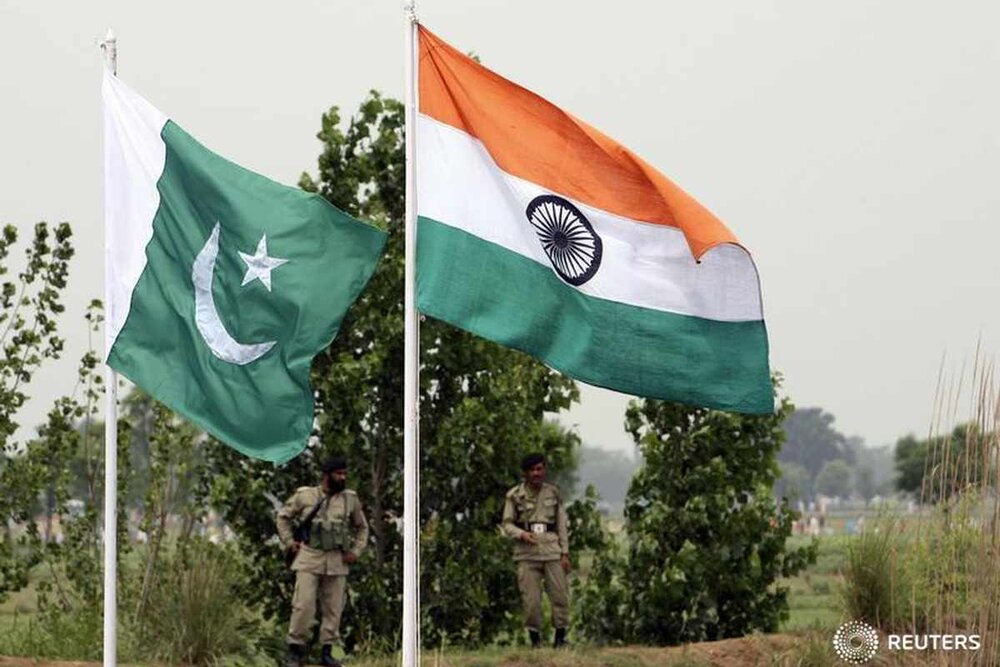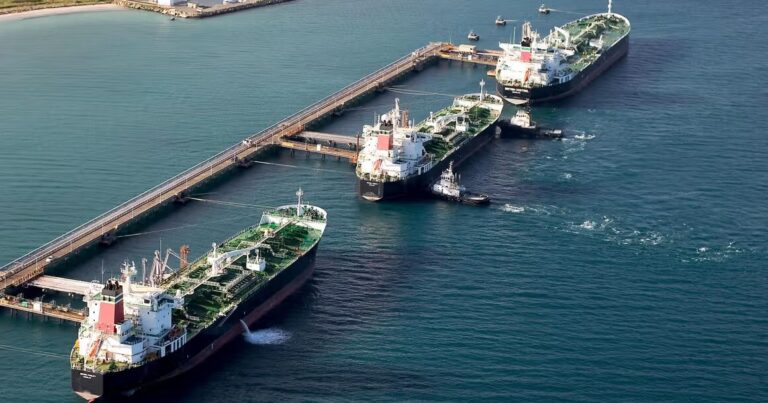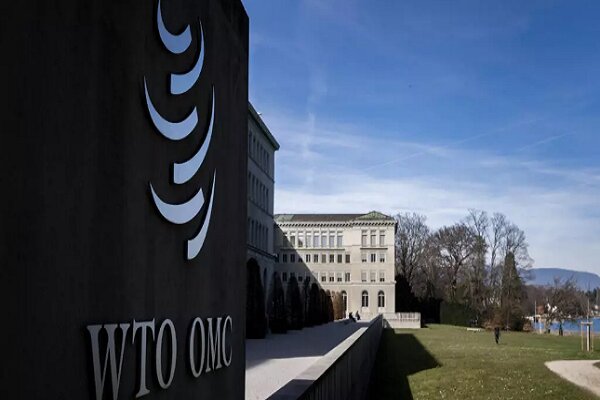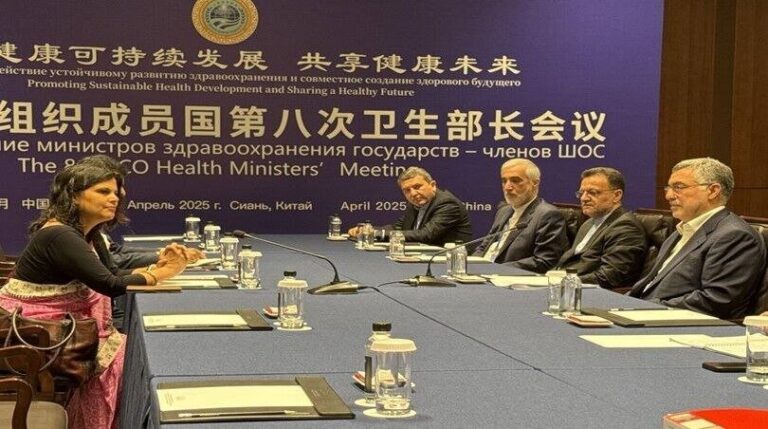India Imposes Import Ban on Pakistan Following Pahalgam Attack: Economic Implications Unfold
In a significant development, India has imposed a comprehensive ban on the import and transit of all goods originating from Pakistan. This decision has been made in light of national security concerns and aims to bolster public policy. The notification from India’s Commerce Ministry explicitly states that this restriction takes effect immediately and will remain in place until further notice.
This latest measure comes amidst escalating tensions between the two neighboring countries. On the same day, Pakistan’s military announced the successful training launch of a surface-to-surface missile system, further intensifying the situation. The missile, named the Abdali Weapon System, boasts a range of 450 kilometers and is designed to ensure the operational readiness of Pakistan’s armed forces.
- India’s Ban on Imports: The Indian government has issued a notification that prohibits the direct or indirect import or transit of goods from Pakistan.
- Focus on National Security: Authorities cited national security and public policy as the rationale behind this immediate restriction.
- Military Developments: Pakistan’s military successfully conducted a training launch of a surface-to-surface missile named the Abdali, which has a range of 450 kilometers.
- Closure of Wagah Attari Border: Following a tragic attack in Kashmir that resulted in the deaths of 26 tourists, the Wagah Attari border, the only trade route between India and Pakistan, has been closed.
- Indus Water Treaty Suspended: In a further escalation, India has suspended the Indus Water Treaty, which regulates the sharing of water from the Indus basin between the two countries.
The backdrop to these developments includes a deadly attack in Pahalgam, Kashmir, where Indian authorities allege that Pakistan supported the attackers. In contrast, Pakistan has categorically denied any involvement in the incident. Prime Minister Narendra Modi has responded to the attack by granting his military “full operational freedom” to retaliate as deemed necessary.
In retaliation to India’s diplomatic actions, Pakistan has responded decisively. The country has ceased all border trade with India, closed its airspace to Indian flights, and expelled Indian diplomats stationed in Pakistan. These actions indicate a serious escalation in hostilities and reflect the deteriorating relationship between the two nations.
Furthermore, Pakistan has issued a stern warning regarding the suspension of the Indus Water Treaty, stating that such a move would be perceived as an act of war. This declaration underscores the gravity of the situation and the potential for further conflict if diplomatic channels are not restored.
Both nations have a long history of conflict and cooperation, but recent events have reignited tensions that many hoped were diminishing. The closure of the Wagah Attari border not only halts trade but also affects people-to-people connections that have been fostered over the years.
As the situation unfolds, the international community watches closely, hoping for a peaceful resolution to the escalating tensions. The importance of dialogue and diplomatic engagement cannot be overstated, especially in light of the heavy military posturing from both sides.
In conclusion, the current geopolitical climate between India and Pakistan is fraught with uncertainty and potential conflict. The recent ban on imports from Pakistan by India, coupled with military developments and the suspension of crucial treaties, marks a critical juncture in the relationship between these two nations. Moving forward, it remains to be seen how both governments will navigate these challenges and whether a pathway to dialogue can be reestablished.






